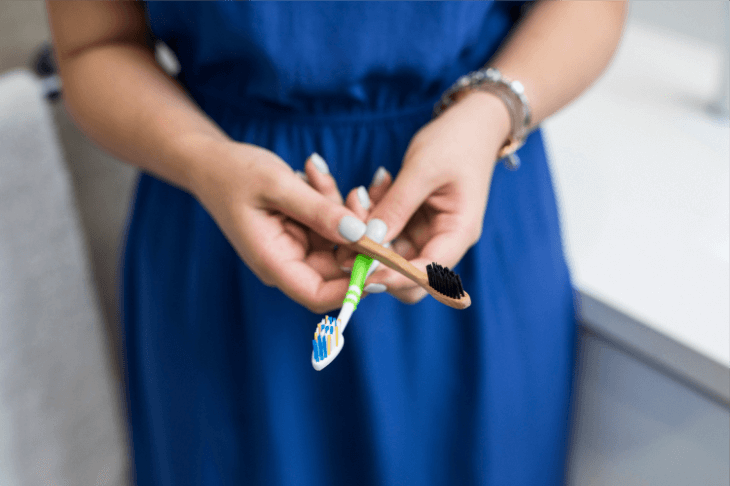
Wash away your impact – clever bathroom swaps
Looking to reduce your impact? Your bathroom is a great place to start – and you might just be surprised by the quick wins that are possible.
Posted on: December 21, 2023
Over the past 12 years, South Coogee Primary School has earned a reputation as a sustainability champion thanks to their comprehensive school-wide program.
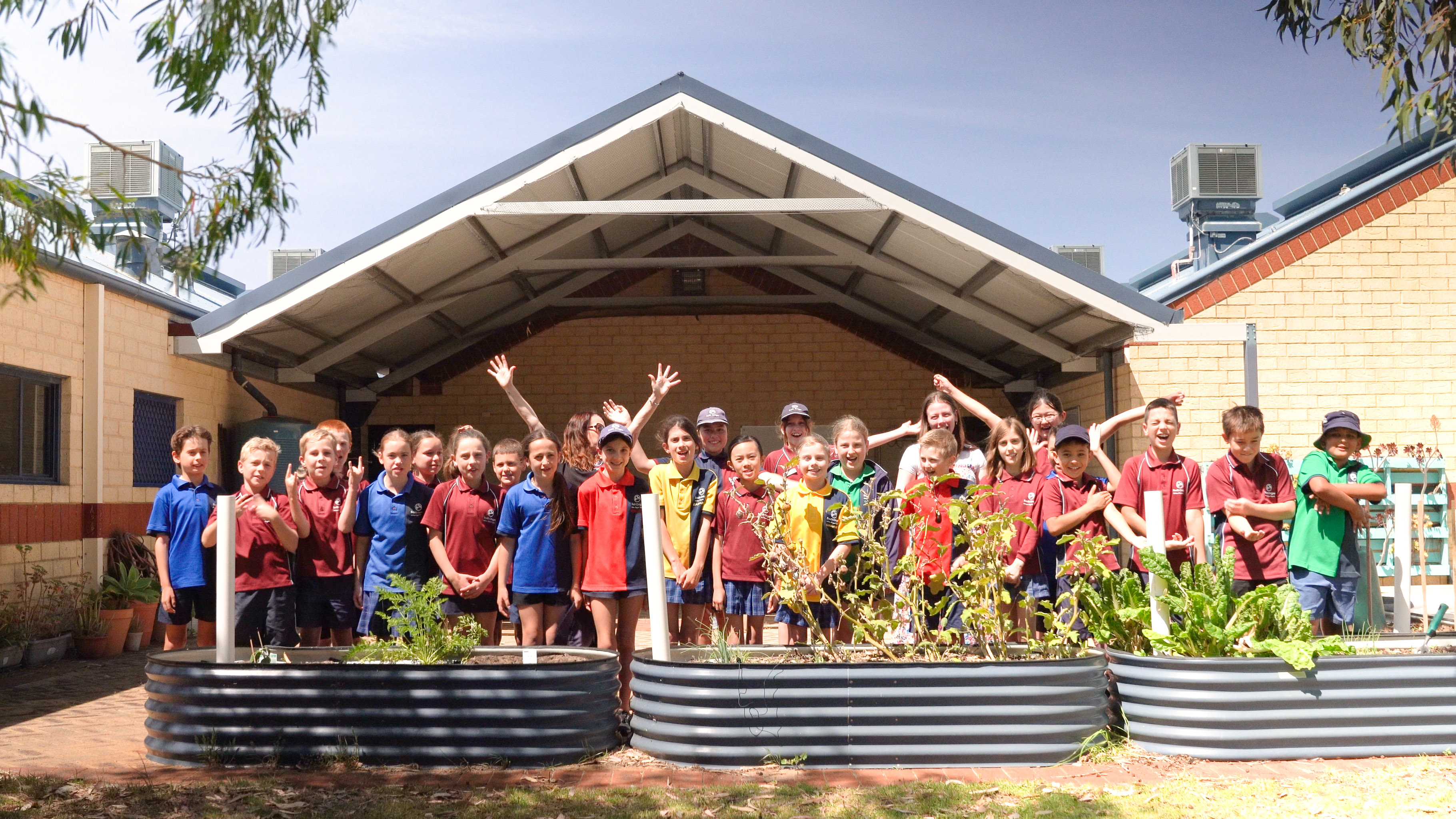
Their achievements were recognised in the 2023 WasteSorted Awards, when they won the Schools category. Rochelle Anderson, head of their Sustainability Committee, offers a valuable piece of advice for other schools looking to embark on their own sustainability journey: "Just start small. Don't try everything at once; do one project a year and add to it."
The school's commitment to sustainability is evident through its decade-long participation in the WasteSorted Schools program. Their approach has steadily evolved over the years, with each project building on the success of the previous one. Their most recent initiative involved installing a dishwasher in the canteen, along with purchasing reusable containers, cutlery, and an electronic composter, all made possible by a WasteSorted Schools Grant. This initiative was part of their strategy to phase out single-use items and create a more eco-friendly, green canteen.
The school's sustainability journey starts in kindergarten, where both students and parents are educated on how to create a waste-free lunch box. Each year focuses on different projects. For example, year 2 students are currently involved in tree planting, year 3 oversee the collection of waste data during "Waste-Free Wednesdays," year 4 manage the school garden and participate in the "Containers for Change" program, and year 5 students are engaged in the Ocean Plastic Australasia project this year. By the time students reach year 6, they have become sustainability leaders within the school community.
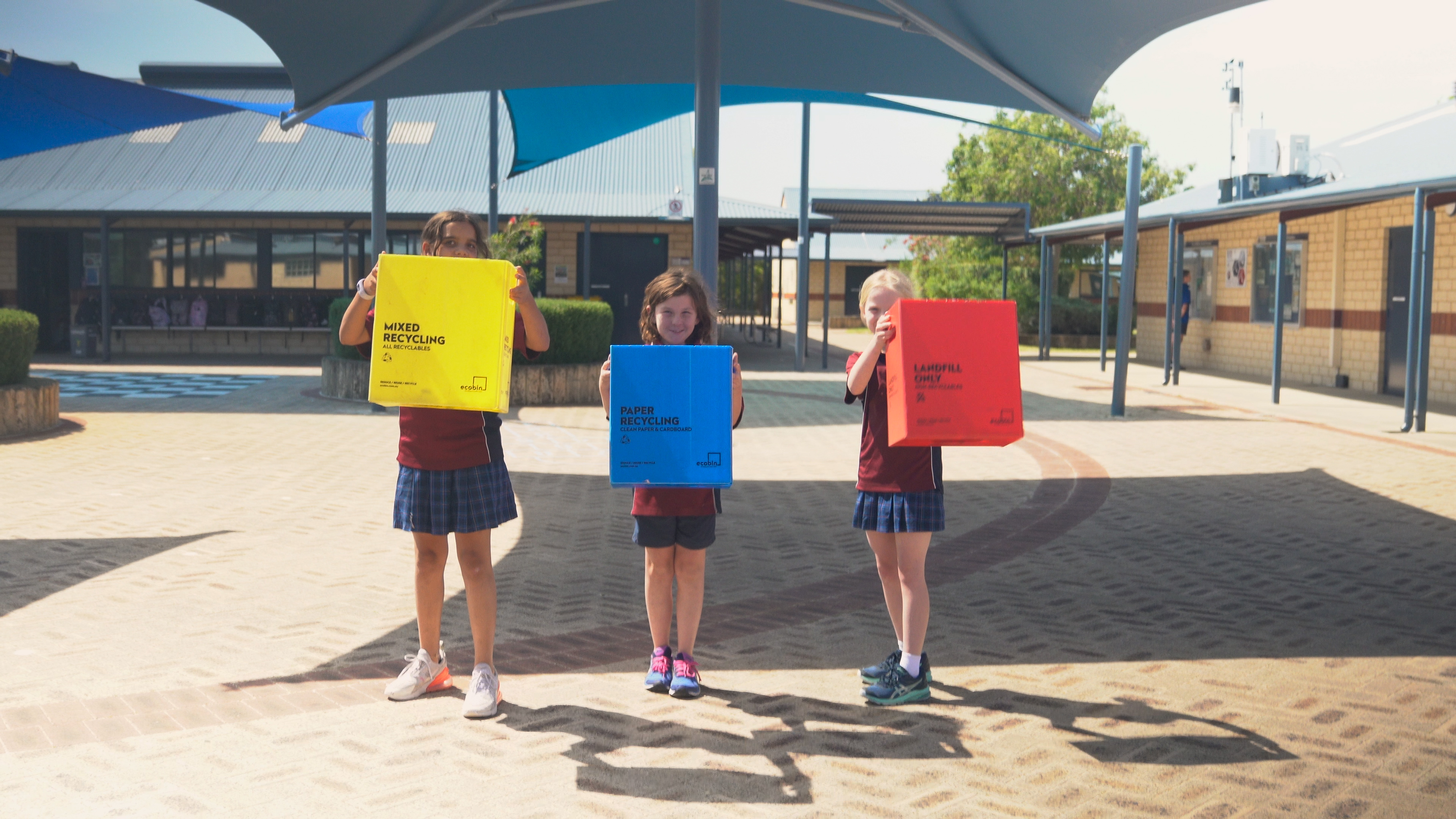
Although each year group has a different focus, the entire school participates in certain activities, such as composting their Crunch and Sip each day, with electronic composters called Smart Cara located around the school. They also have a variety of different recycling bins for batteries, ink and printer cartridges and single use coffee cups.
For schools that are just embarking on becoming more sustainable, Rochelle advises, "to get started, sort out your bins." Proper waste sorting is a fundamental step, and it's crucial for students to understand which bins to use for different types of waste. Ideally, these bins should align with the standard Australian bin colours, allowing students to transfer their knowledge from the classroom to their homes and wider community.
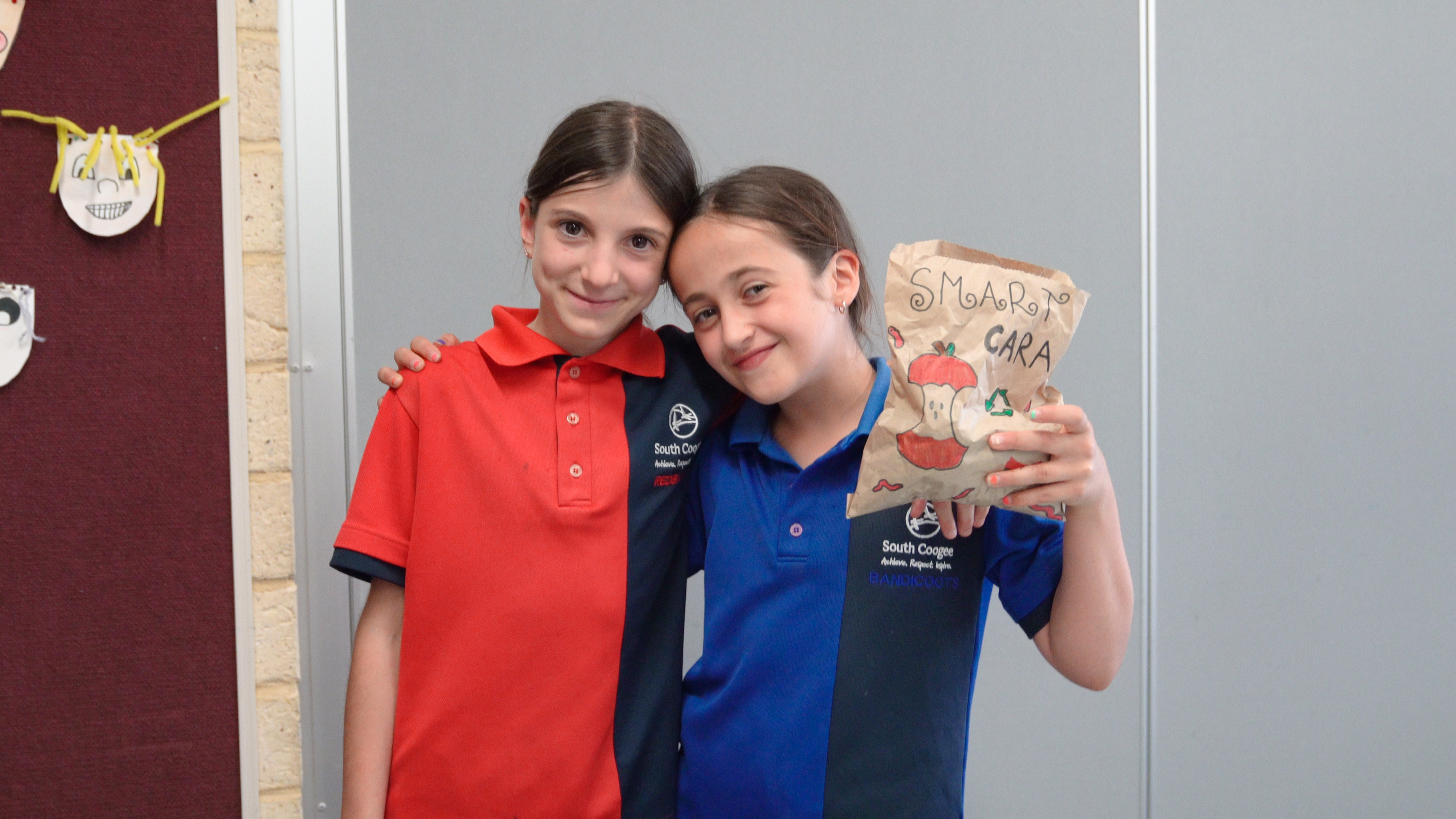
South Coogee Primary School recommends using the following tools to kick-start sustainability initiatives:
One of the most inspiring things about South Coogee Primary School's sustainability journey is how smoothly the whole school program works. “The students teach each other,” Rochelle says. “Each year group learns something new, and the previous year group teaches them what to do.” And it helps that the kids become just as passionate about it. “They get excited. They think, that’s us! That’s our school! The kids are very proud.”

Looking to reduce your impact? Your bathroom is a great place to start – and you might just be surprised by the quick wins that are possible.
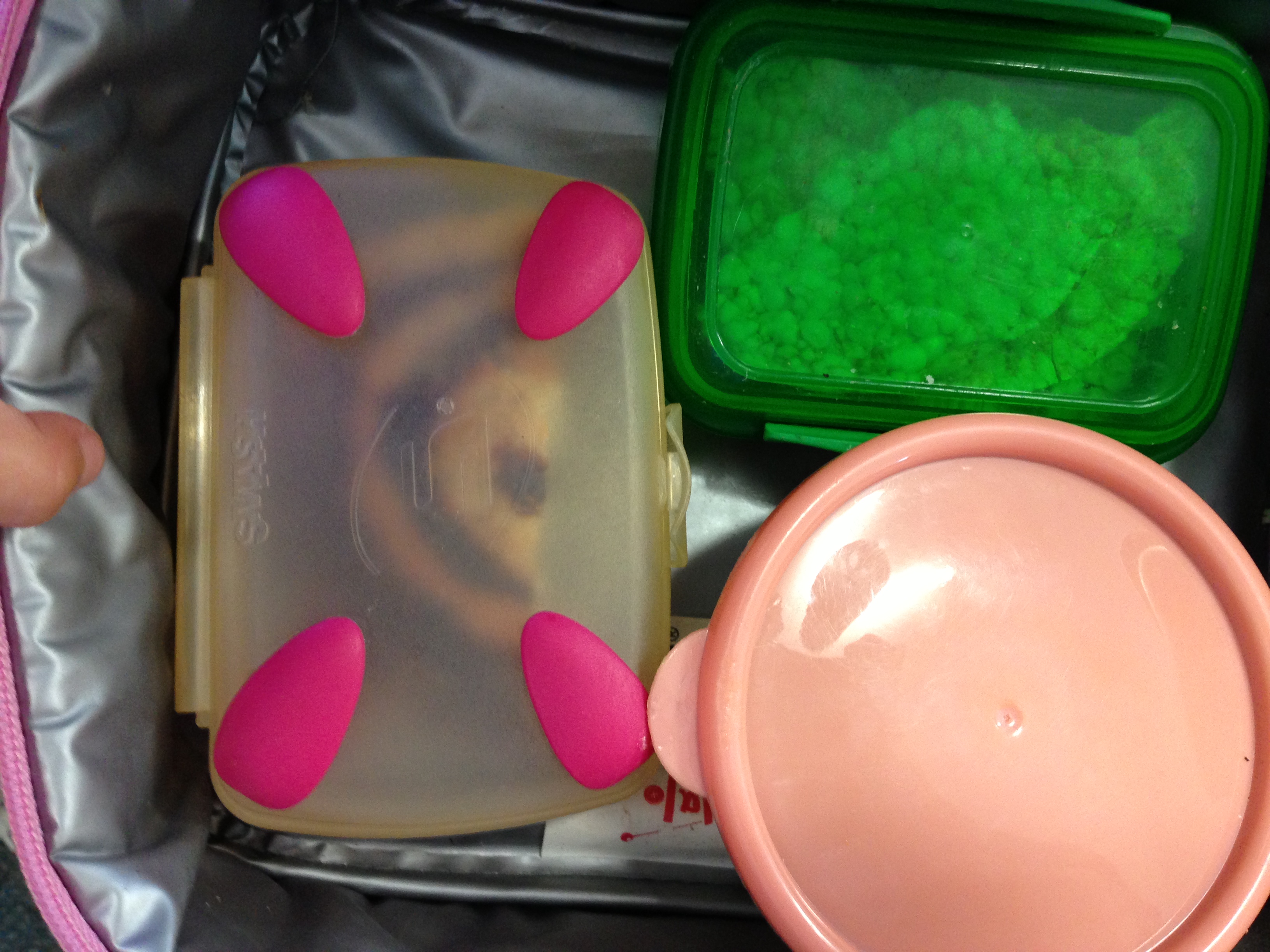
Lunchboxes are a great place to tackle food & plastic waste. It also encourages kids to own their impact and become 'mini waste warriors'. Find out how you can cut down on waste.
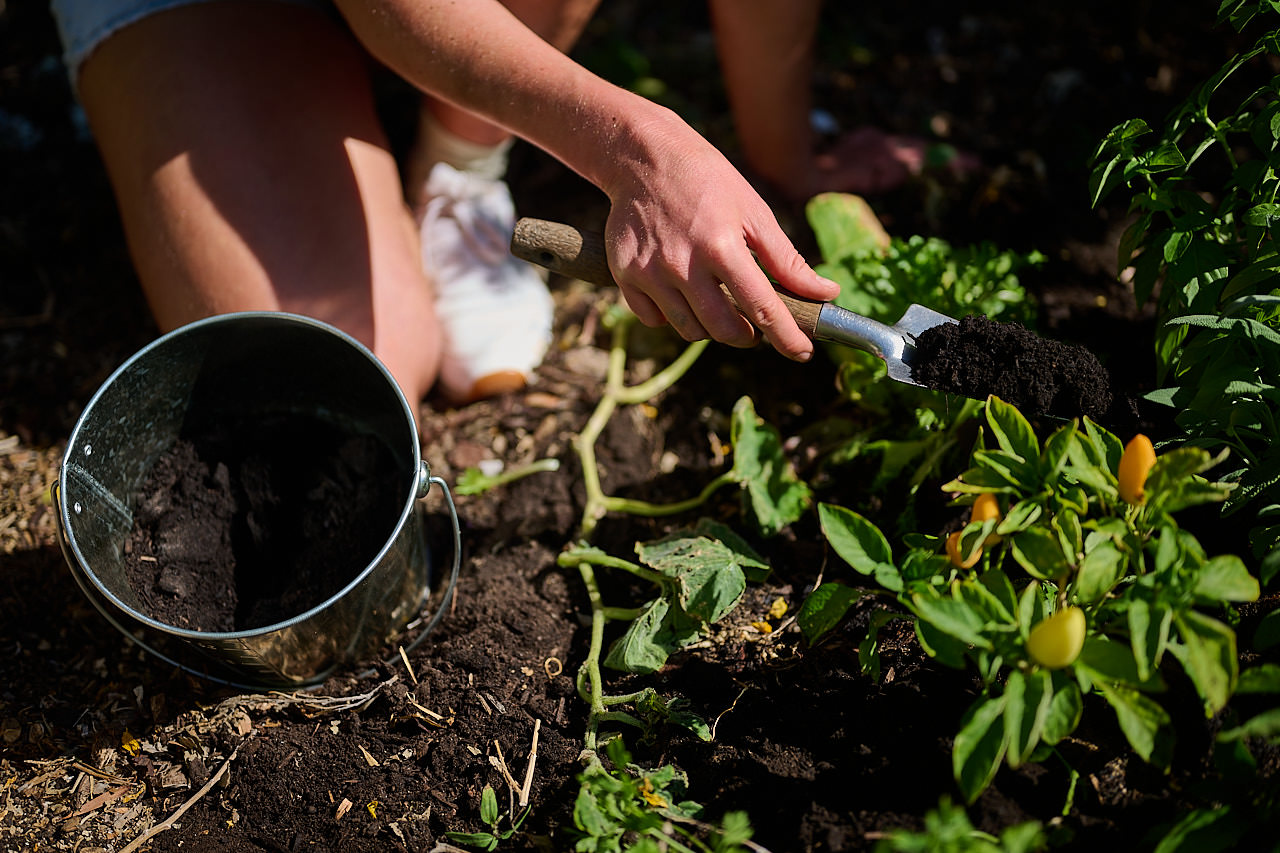
We’ve put together some of our favourite pieces of composting advice to help make you a compost champion. Find a new purpose for your food scraps and garden waste today!